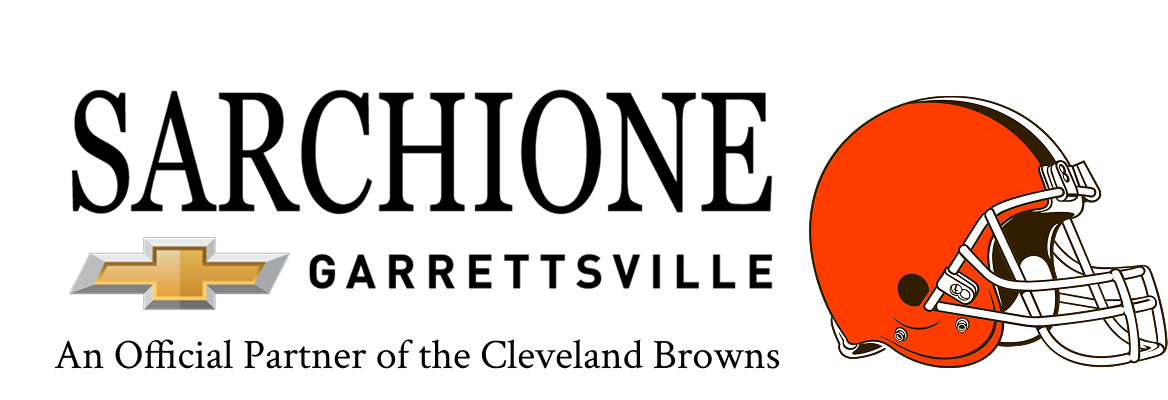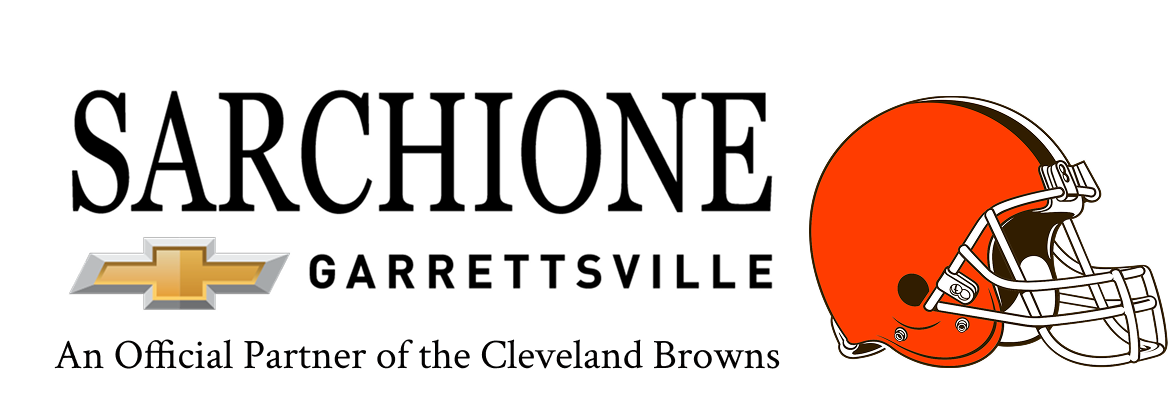Transmission failure is one of the most serious issues that can occur in your Chevy vehicle. Recognizing Chevy transmission failure symptoms early can save you from costly repairs and prevent more extensive damage to your car’s drivetrain.
While transmission problems may not always be immediately noticeable, there are several warning signs to watch for. Understanding these symptoms and addressing them promptly can help you avoid being stranded on the road or dealing with expensive fixes later on.
Unusual Noises
One of the first signs of Chevy transmission failure is unusual noises while driving. If you hear grinding, whining, or clunking sounds coming from your vehicle’s transmission, it could indicate that the gears are not meshing correctly.
These noises often occur when the car is in gear, or when shifting between gears. If the noise is persistent and continues to worsen, it may be time to have your transmission inspected by a professional.
Slipping Gears
A slipping transmission is another common symptom of Chevy transmission failure. When the transmission slips, the car may unexpectedly change gears, or the engine may rev without the vehicle accelerating as expected.
This issue can make it feel like the car is struggling to shift or that the engine is working harder than necessary to keep the Chevy vehicle in motion. Slipping gears are often accompanied by a loss of power or difficulty maintaining speed, which should never be ignored.
Delayed or Hard Shifting
If you notice that your Chevy takes longer than usual to shift between gears, or the shifts feel jerky or rough, this could be a sign of transmission failure. A healthy transmission should shift smoothly without hesitation.
When the transmission begins to fail, you may experience a delay in acceleration or a noticeable jerk when shifting from park to drive or reverse. This symptom is often a result of issues within the transmission fluid system, such as low fluid levels or contamination.
Warning Lights
Modern Chevy vehicles are equipped with a range of warning lights to alert drivers to potential problems. If the transmission is failing or there’s an issue with the transmission system, your check engine light may illuminate.
While this light can be triggered by a variety of engine issues, it’s often related to transmission problems when it’s accompanied by other symptoms. If the check engine light comes on, it’s necessary to have your vehicle diagnosed by a professional to determine if the transmission is the source of the problem.
Fluid Leaks
Transmission fluid is vital for lubricating the components inside your Chevy’s transmission. If you notice red or brown spots under your vehicle where you park, it could indicate a transmission fluid leak. Low or leaking transmission fluid levels can cause overheating and improper functioning of the transmission.
A leak should not be ignored, as running your car without sufficient fluid can lead to severe damage. If you spot a leak, it's important to have your transmission system inspected and repaired promptly.
Poor Acceleration or Hesitation
Another symptom of Chevy transmission failure is poor acceleration or hesitation. When the transmission starts to fail, your vehicle may struggle to accelerate smoothly, particularly during rapid acceleration or when climbing hills.
You may notice that the car hesitates or takes longer than usual to pick up speed, even with your foot firmly on the gas pedal. This issue is often caused by an internal transmission problem, such as worn-out gears or insufficient hydraulic pressure.
Burning Smell
A burning smell coming from your vehicle can indicate a serious problem with the transmission. Overheating is a common cause of this odor, which may occur if the transmission fluid has become burnt or is leaking onto hot engine components.
A burning smell could also mean that the transmission is working harder than normal, which may be due to low fluid levels or internal damage. If you detect a burning smell, it's crucial to address the issue immediately to prevent further damage to the transmission.
Identifying Chevy transmission failure symptoms early can help you take proactive steps to protect your vehicle and avoid expensive repairs. Unusual noises, slipping gears, delayed shifting, warning lights, fluid leaks, poor acceleration, and a burning smell are all red flags that your Chevy’s transmission may be in trouble.
If you experience any of these symptoms, it’s important to seek professional Chevrolet vehicle services as soon as possible to avoid further damage.


